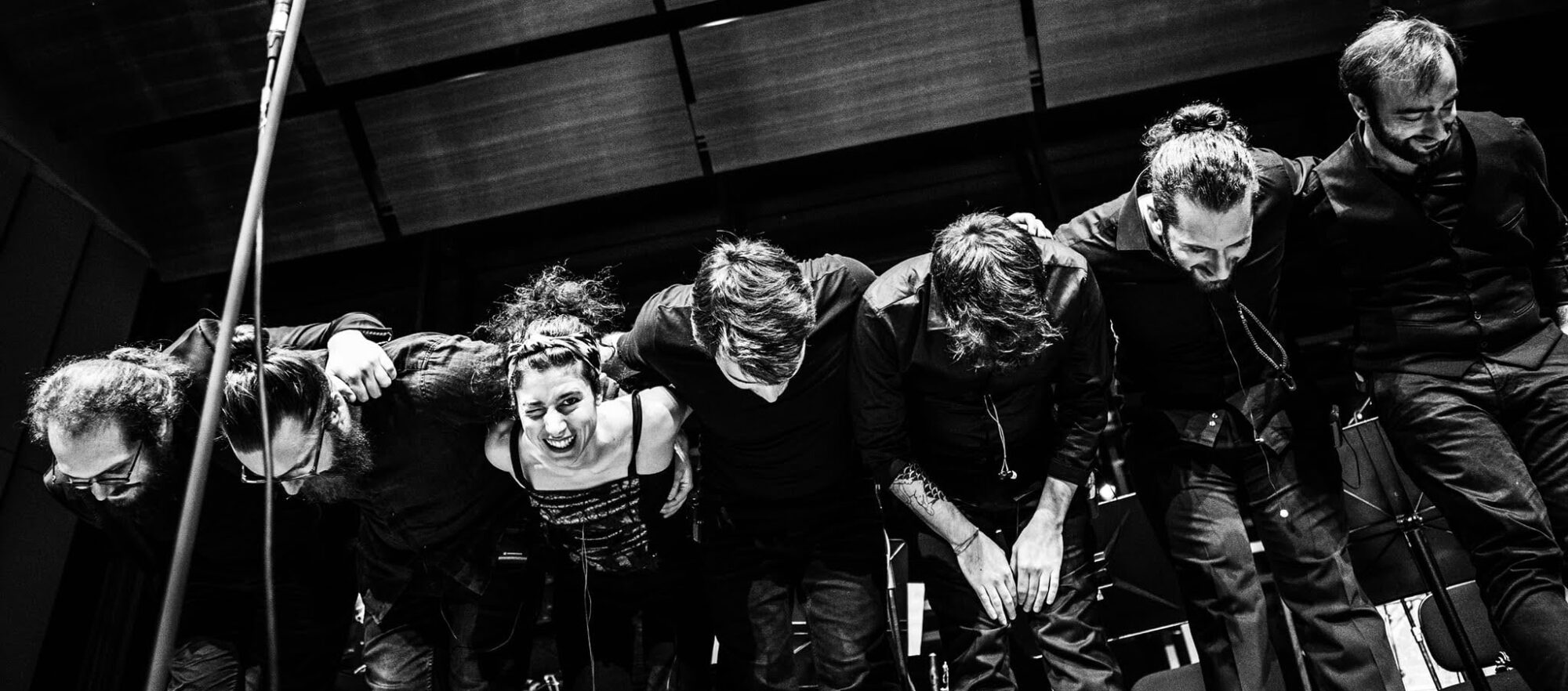Rzewski was born in Westfield, Massachusetts, and began playing piano at age 5. He attended Phillips Academy, Harvard and Princeton, where his teachers included Randall Thompson, Roger Sessions, Walter Piston and Milton Babbitt. In 1960, he went to Italy, a trip that was formative in his future musical development. In addition to studying with Luigi Dallapiccola, he began a career as a performer of new piano music, often with an improvisatory element. A few years later he co-founded Musica Elettronica Viva with Alvin Curran and Richard Teitelbaum. Musica Elettronica Viva conceived music as a collective, collaborative process, with improvisation and live electronic instruments prominently featured. In 1971 he returned to New York.
In 1977 Rzewski became Professor of Composition at the Conservatoire Royal de Musique in Liège, Belgium, then directed by Henri Pousseur. Occasionally he teaches for short periods at schools and universities throughout the U.S. and Europe, including Yale University, the University of Cincinnati, the California Institute of the Arts, the University of California, San Diego, the Royal Conservatory of The Hague and Trinity College of Music, London.
Many of Rzewski’s works are inspired by secular and socio-historical themes, show a deep political conscience and feature improvisational elements. Some of his better-known works include The People United Will Never Be Defeated! (36 variations on the Sergio Ortega song El pueblo unido jamás será vencido), a set of virtuosic piano variations written as a companion piece to Beethoven’s Diabelli Variations; Coming Together, a setting of letters from Sam Melville, an inmate at Attica State Prison, at the time of the famous riots there (1971); North American Ballads (I. Dreadful Memories; II. Which Side Are You On?; III. Down by the Riverside; IV. Winnsboro Cotton Mill Blues) (1979); Night Crossing with Fisherman; Fougues; Fantasia and Sonata; The Price of Oil, and Le Silence des Espaces Infinis, both of which use graphical notation; Les Moutons de Panurge; and the Antigone-Legend, which features a principled opposition to the policies of the State, and which was premiered on the night the United States bombed Libya in April 1986. Rzewski’s recent compositions include Nanosonatas (2006~2010) and Cadenza con o senza Beethoven (2003), written for Beethoven‘s Fourth Piano Concerto. Rzewski played the solo part in the world premiere of his piano concerto at the 2013 BBC Proms.


